Creating a Place of Respite for Help Workers
Listen 5:30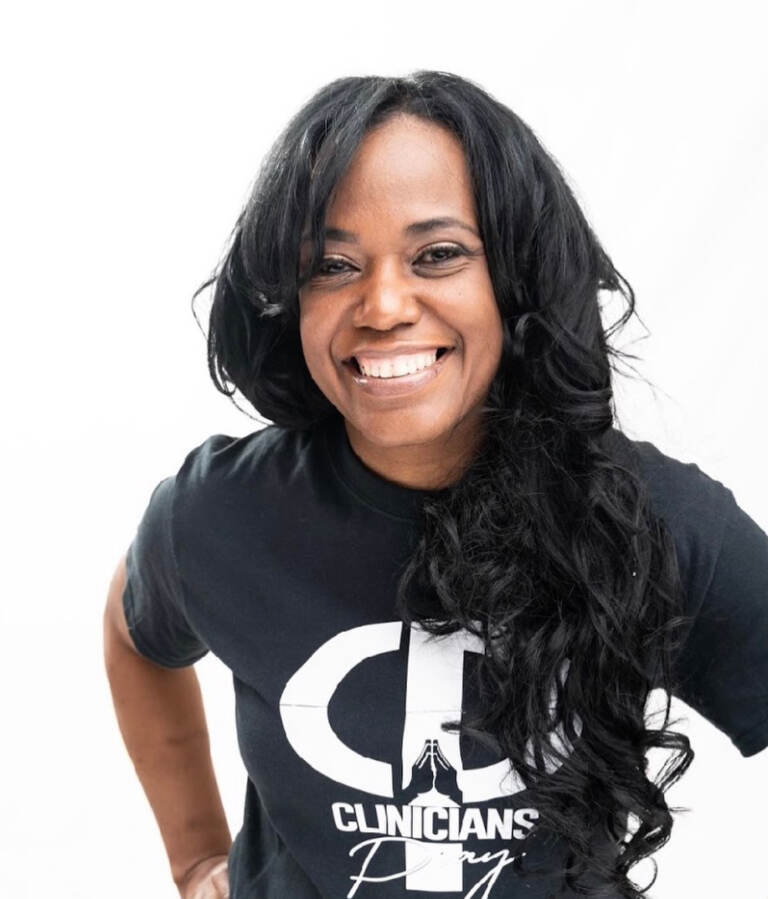
Dr. Tina Scott
“I help people navigate this thing called life on a day to day basis…so that they can live their life ‘like it’s golden,” says Dr. Tina Scott, a psychotherapist, professional coach and diversity and inclusion consultant.
Scott founded her Wynnefield practice, Dr. Tina Scott & Associates, a decade ago. But her success story began at a low point. Scott, says being a therapist was never in the cards for her. Instead she spent years in corporate America working as a health care administrator.
“I was raised to get my degree and climb the ladder,” she says, “and I was hitting those bells.”
The wife of a pastor and mother of three says it all came to a grinding halt the day she was fired.
“I cried in my car for hours— and when I say hours, I couldn’t even start my car,” she says.
And on the way home, Scott says she hit rock bottom.
“I was done and I was like, I don’t even want be here anymore,” she said, recalling her drive down City Line Avenue. “I was ready to take my car and drive it into the first wall that I saw.”
Luckily, there was no wall. And Scott, who has a doctorate in healthcare administration, decided to use her masters in community clinical counseling to help others. But the effort was only supposed to be temporary- that is, until she found another corporate job.
“But every job I applied for, every job that I was overqualified for, they told me no,” says Scott. “Next thing I know my private practice became my full time job.”
Scott, says she started listening to the little voice inside her. It told her to use her power to give people hope. Scott began leaning in.
“By just being obedient when God says sit with that person, or go pick up the phone, call that person and just have those connections,” she says.
It was the little voice hat led her to start the Clinicians Think Tank seven years ago. The group focuses on educating, empowering, and encouraging clinicians on all levels.
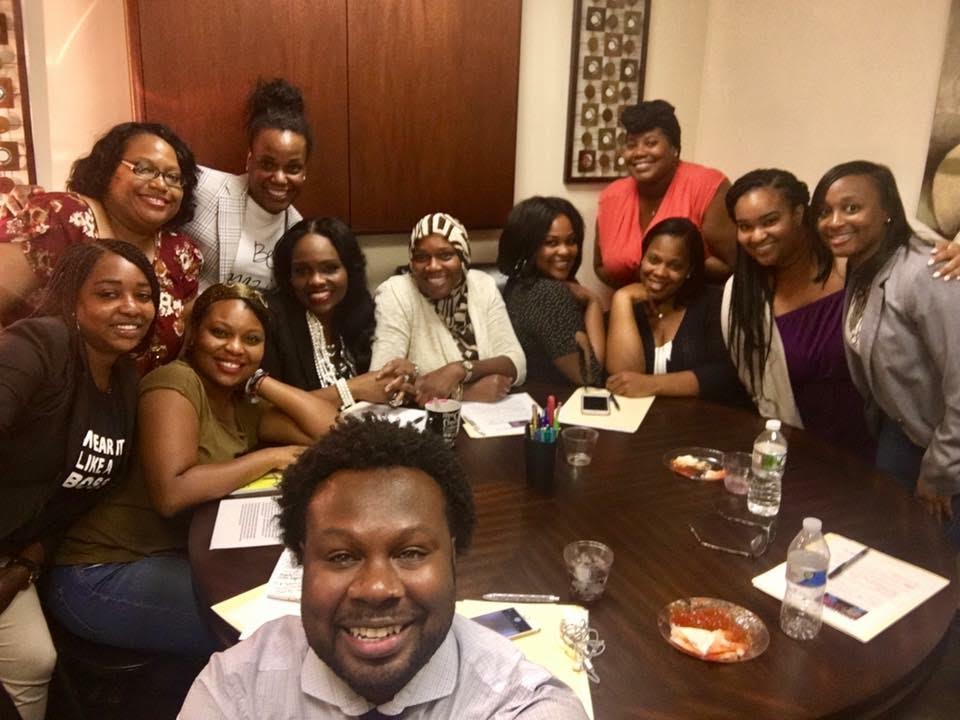
They share anonymous information so that therapists, counselors, clergy and others can provide the best support to those they serve.
“Clinicians from all over that we come together intentionally in our motto is iron sharpens iron,” says Scott.
But when the pandemic hit, the pressure was on. Scott says loss, grief, stress and change meant more people began seeking counseling. As more people battled illness, depression, isolation and suicidal thoughts, Scott says appointment requests picked up so much her office could not keep up.
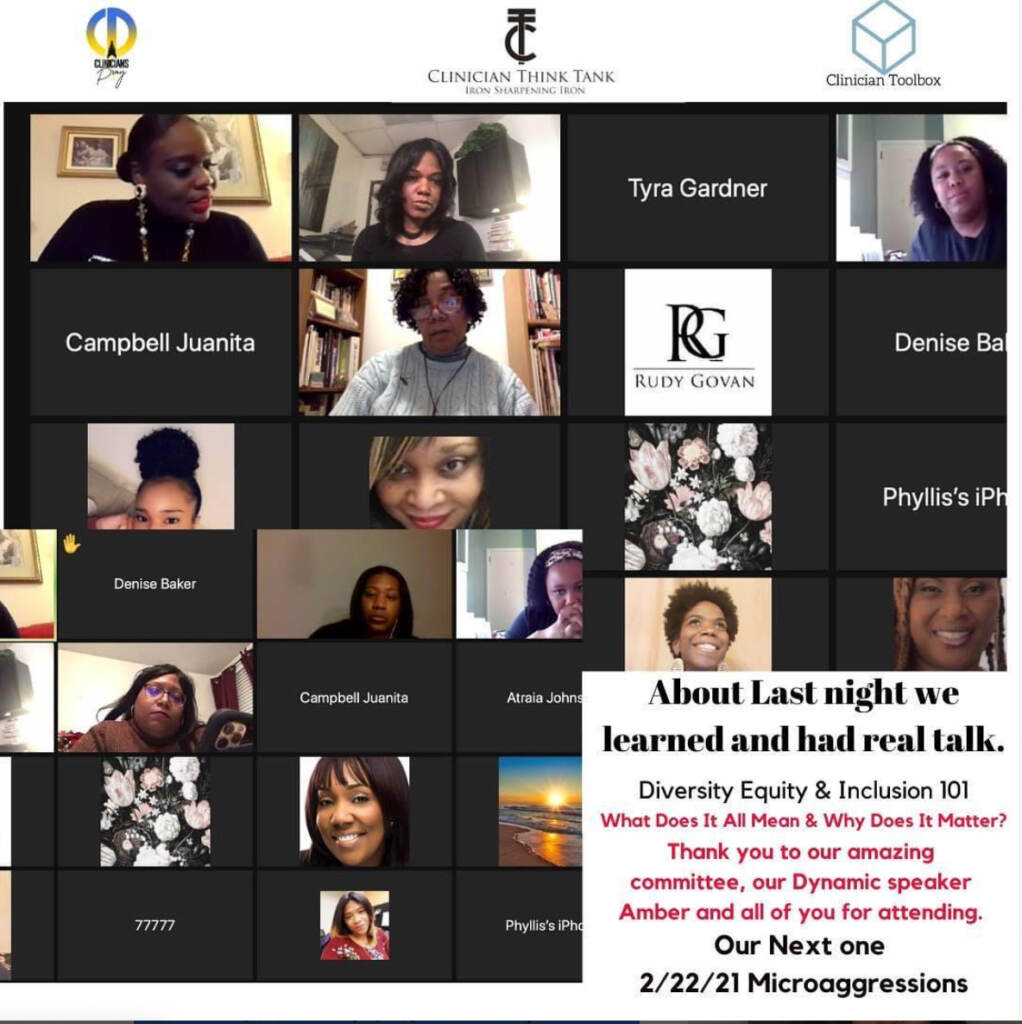
“I don’t create a waiting list because I know they need what they need when they need it, so I tried to refer out and what I found was that I didn’t have anybody to refer to,” she says.
Scott says she ramped up her efforts to expand her practice and began working 16 hours some days. Pretty soon, she was burned out. That’s when the little voice chimed in again.
“During our morning, we’re hearing a lot of people talking about suicide,” she says. “we’re hearing a lot of people talking about I’m too depressed, too anxious to go to work.”
Her solution: The Clinicians Pray. Every Wednesday at 12:30, Scott and her team hosts faith leaders from the region to lead a prayer on the phone. Clinicians, therapists, clergy, counselors and others joined in, even making prayer requests.
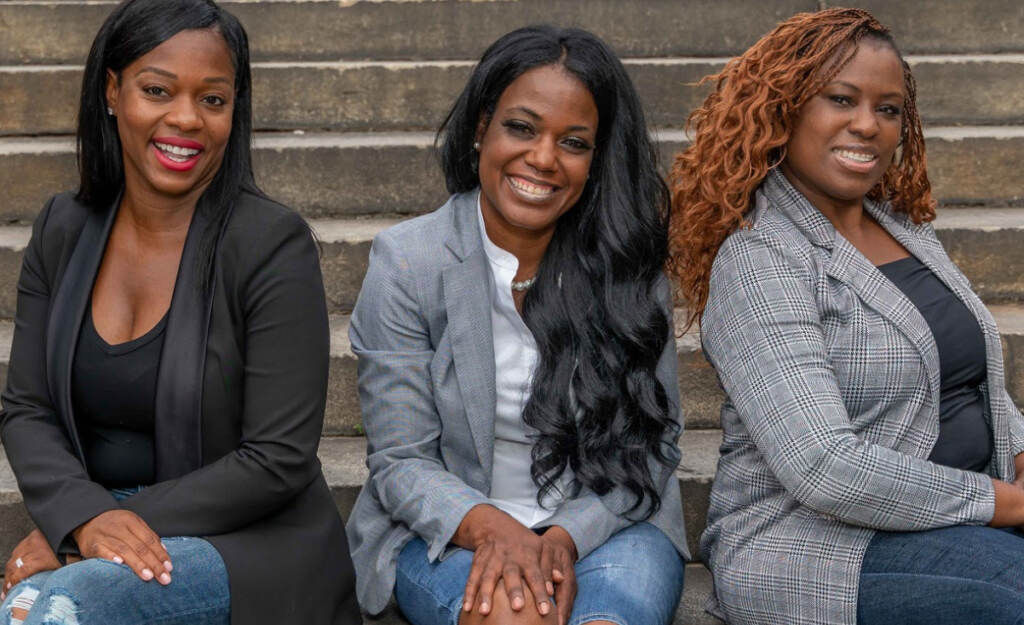
“After we pray I feel so recharged,” says Scott, “I felt like somebody gave me the place to unplug.”
They started with a handful of folks on the line. Scott says she thought the line would last only a few weeks. Fast forward two years and they serve scores of people every week. And now, there’s a podcast and the line is open to all first responders.
“People were like- can we join?,” she says, “now we have nurses, we have doctors, they just come on and they just tell us how much it blesses them.”
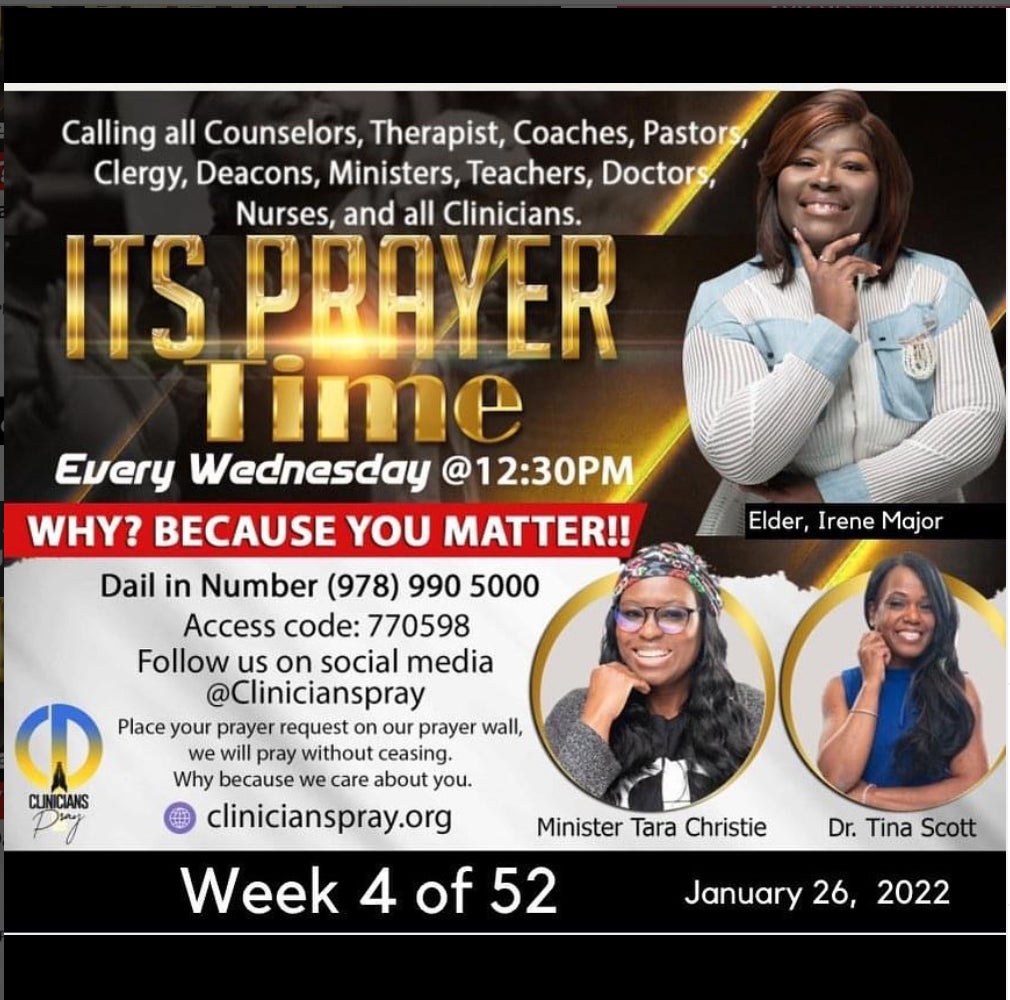
Clinicians Pray also holds event. Scott says they held a photoshoot during the pandemic, bringing joy during dark times.
“We came together, we laughed, we joked, we had a good time,” she says.
“I think she’s just the epitome of what a good soul is,” says Michelle McHugh, who nominated Scott for the Good Souls Project.
She says Scott is a neighbor and they planned a COVID-friendly block party together. And it was through that activity she learned about Scott’s work.
“She is really kind of just a pillar of support for the people who not only go to her for mental health support, but also for those who work parallel to her and help others,” says McHugh.
The good soul work comes from Scott’s own experiences.
“I grew up in the hood and I saw a lot of my friends in horrible relationships,” she says, “and I have had my own trials and tribulations.”
These experiences and her faith, forced her to show up for her family, friends and clients in a new way.
“I was one of those people that went through a lot of pain, so I know what it looks like firsthand,” she says, “so when I see it, feel it, I just move towards it because let me just tell you this. I wish somebody would have moved towards me when I was going through my pain.”
WHYY is your source for fact-based, in-depth journalism and information. As a nonprofit organization, we rely on financial support from readers like you. Please give today.




